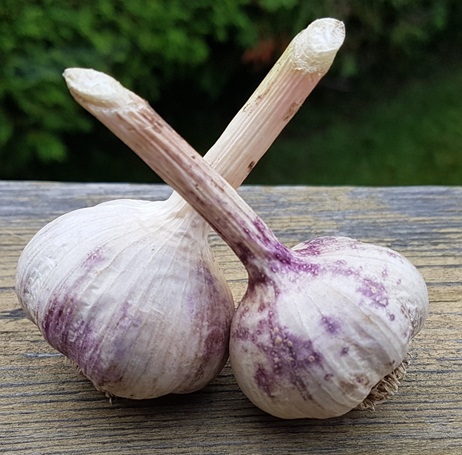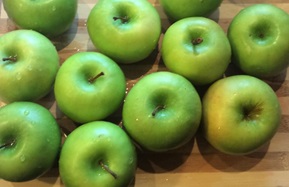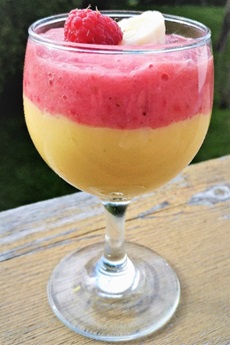Blog Categories
Recent Posts
- Home
- What is Slow Food?
What is Slow Food?
Posted by on

Have you heard the term slow food?
Is it the same as whole or real food? Is it simply the opposite of fast food?
Today I’ll be sharing what slow food means for me.
Dear reader, please prepare for….. …..nothing new at all!
Everything I’m going to say will sound incredibly familiar, which is exactly the point of slow food.
So why do we suddenly need to talk about values that have been in place for generations?
Because it seems we’ve forgotten them in the hectic pace of our modern lives. Perhaps we could use a gentle reminder.
Good food takes time
Let’s look at two examples: the ripening of fruit and slow cooking. When fruit is ripe, it’s at its peak sweetness and maturity and has absorbed all the nutrients it needed from the soil. In the same manner, cooking good food takes time. Think of soup or
broth. It requires that we let it simmer for hours, so that all the nutrients are entirely imbued in the liquid.
When food is made too fast (or too cheap), it often comes at the expense of quality.

Eating mindfully because food matters
- Food is our fuel. It has a direct impact on our health and well-being. We should therefore eat the highest quality food.
- To fully appreciate food, its flavor, color, aroma, texture and temperature, we need to be fully present in the act of eating, (as opposed to absent-minded eating while staring at a screen). Also, while eating we should pay attention to subtle signals from our body (telling us to stop eating, for example).
- Our food choices impact the environment. Every morsel we put in our mouth took effort, energy, money, time, water and soil, to produce and be transported to us.
Variety and imperfection are natural and are welcome in produce
In nature, not all produce looks the same. Let’s take carrots. Some are big and some are small, some crooked and some blemished. But they’re all perfectly good carrots with the same nutritional value and taste as any other carrot.
Supporting local, seasonal, small-scale organic farms
It is often the case that produce grown locally, in the right season and by a small-scale farm dedicated to quality rather than to quantity, is superior in quality and in flavor to large-scale intensive-farming produce shipped from afar. The small-scale local farm will often be much more organic (with or without a formal certificate) than any large corporation boasting the label ‘organic’ on its products. Check out your local farmers’ market.
Growing your own food is very satisfying
Don’t have a garden? How about growing an onion on your window sill?
Preserving food using traditional methods
There are many traditional ways to preserve food without the aid of artificial compounds: fermenting, smoking, freezing, drying, and salting.

Making your food from scratch produces nutritious, living food with your personal touch
- Cooking from scrtach directly engages the person cooking with the food and the person they cook for. The food is thus infused with your care.
- The key for scratch cooking is using simple, fresh, unprocessed, natural ingredients. See this vibrant, rich homemade fruit pudding? It’s fresh and flavorful, sweetened by the fruit alone (no sugar), and is totally doable.
Using the whole food. Zero waste
Countless generations believed in using the whole food rather than only part of it:
- Pork chops, lard, and rinds would use the whole pig.
- Bone broth would be made from leftover chicken or beef bones.
- Orange juice would be made with the pulp.
- Fruits or veggies with edible skins wouldn’t be peeled (apples, carrots, cucumbers).
- Old fruits would go into a compote.
- Orphaned veggies and herbs would be added to soups, stews, and sauces.
Eating together
Up until not long ago families ate together at the dining table. (Eating by yourself while staring at a screen was unheard of).
May I add that preparing the meal together and cleaning up together are just as important? Cooking with children is precious, and sharing the work of feeding the family should be everybody’s responsibility, not just one person’s. All members of the family are invited to partake in the work, according to their ability. Slaving in the kitchen all afternoon and then cleaning up all evening is a lot of work for one person. Many hands make light work, and will ensure a healthy family meal can be repeated.
Slow food involves a holistic view of food, respect for nature and for family life, and ethical consumerism.
On this note, I will wish you a wonderful weekend,
Didi
Wise Choice Market
References and inspirations for this post:
1. EE 101: Teaching Slow Food Values in a Fast Food World - Alice
Waters and Craig McNamara (YouTube)
2. Edible education 101: what’s next for the food movement, with Michael Pollan
and Mark Bittman (YouTube)
3. Cooked, by Michael Pollan
4. Food Inc. (YouTube)
5. Traditionally Fermented Foods, by Shannon Stonger.
6. Alice Waters - Edible Education: Teaching the Art of Simple Food; Family
Action Network (YouTube)
7. A Life Unburdened, by Richard Morris
8. Wasted! The Story of Food Waste, with Chef Anthony Bourdain (YouTube)
9. Folks, This Ain't Normal: A Farmer's Advice for Happier Hens, Healthier
People, by Joel Salatin
10. The Big Waste: Why Do We Throw Away So Much Food? (YouTube)
11. Inglorious Fruits and Vegetables (YouTube)
Disclaimer:
This article represents its author’s opinion, and is not a medical,
nutritional, or professional advice.


 Loading... Please wait...
Loading... Please wait...













